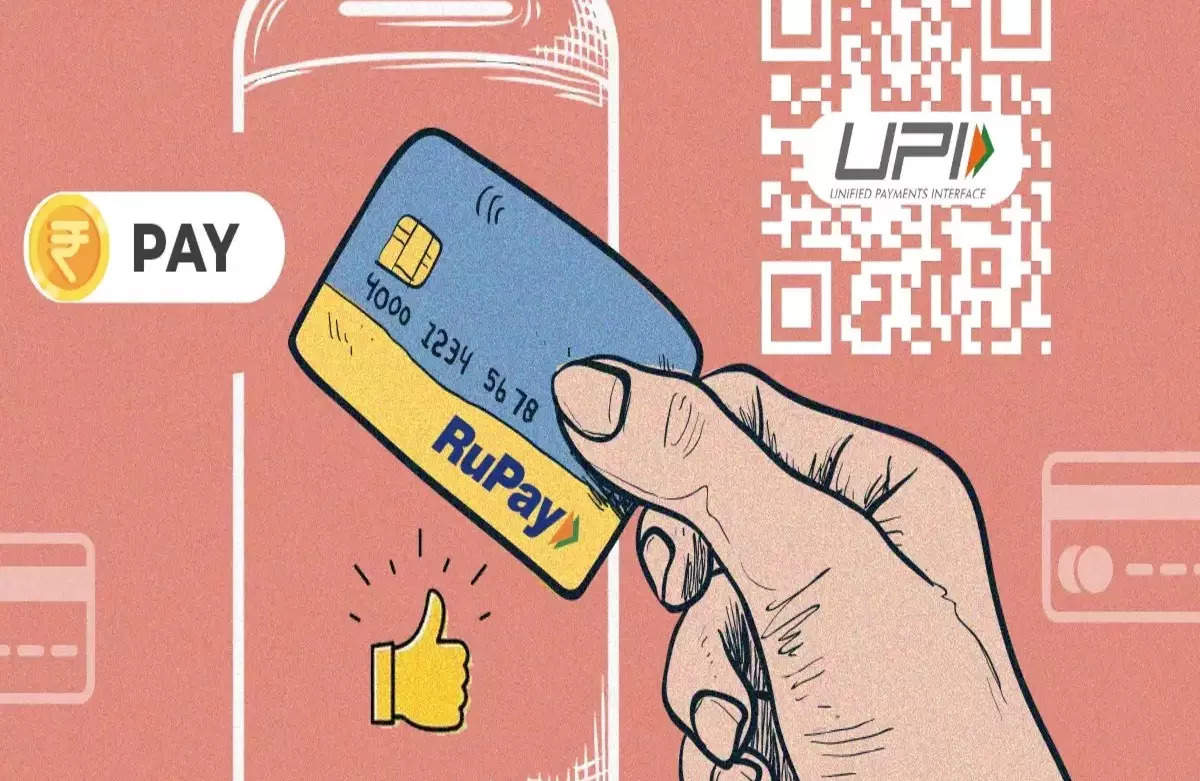
Rupay’s UPI-enabled credit cards are revolutionizing credit usage in India by enhancing accessibility and encouraging responsible spending, according to Kiwi, a credit-on-UPI platform. These cards are emerging as a vital payment instrument, reshaping the payments ecosystem and driving financial inclusion across the country.
The Kiwi 2024 report highlights a sharp increase in UPI-enabled credit card usage, with users making an average of 40 transactions per month—eight times higher than traditional credit card users. This number is growing by 20% monthly, while average monthly spending has risen by 5%, now reaching Rs 40,000 per user.
The average transaction size for UPI-enabled credit cards is Rs 1,125, significantly lower than the Rs 4,000 average for traditional credit cards, making it an ideal option for everyday purchases. Notably, 75% of these transactions occur at smaller stores like grocery shops and local retailers, benefiting small merchants significantly.
Regional and demographic adoption
Among metro cities, Bengaluru leads in UPI-enabled credit card adoption, followed by Hyderabad, Delhi, and Mumbai. Pune tops the list among non-metro cities, with Ahmedabad, Jaipur, Indore, and Chandigarh also showing strong uptake.
Young users are driving adoption, with 45% of UPI-enabled credit card users aged below 30. Another 30% are aged between 31-40, while 20% fall in the 41-50 age group.
UPI’s extensive network of 320 million merchant touchpoints has expanded credit accessibility far beyond the 9 million POS terminals used by traditional credit cards. In 2024, 50% of new credit cards issued were virtual, with Kiwi at the forefront of enabling secure digital credit access.
Rupay credit cards saw their market share jump from 3% in 2023 to 12% in 2024, largely due to the growing popularity of UPI-enabled credit cards. RBI’s June 2022 approval for integrating UPI with NPCI’s Rupay credit cards paved the way for Kiwi to launch its offering in June 2023.





Leave a Reply